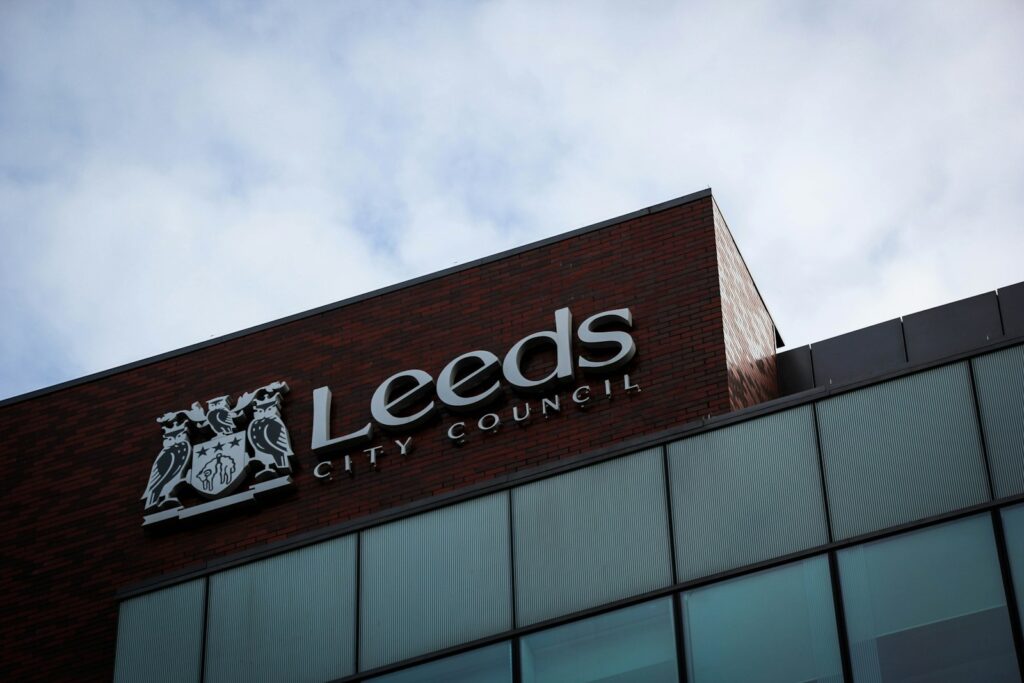Regardless of how it has been reported, the spending review has signalled that austerity will continue throughout this Parliament. There may be some additional money but there will still be major cuts to services and benefits. These cuts follow five years of austerity and will hit local government in particular very hard, with over 50% grant reductions by 2019/20.
The government has sought to plug part of the shortfall in funding for social care by allowing local authorities to raise council tax by 2%. Like its proposals to allow local authorities to retain business rates, the poorest areas of the country will be deprived even more, both in absolute and relative terms.
And the voluntary and community sector is almost certainly going to experience further cuts to its funding.
The government will argue that it is reducing the size of the state to enable businesses and the voluntary and community sector to thrive. In reality of course, strong business and voluntary sectors benefit from a strong public sector operating in a ‘smart’ fashion. All three sectors are complementary.
The spirit of progressive social change; the energy of impassioned social action;
and the intelligence of evidence-based argument and action are what’s needed
So, it’s time for the voluntary and community sector to consider how it responds to the autumn statement at both national and local level.
When it was suggested that the chancellor might ‘rob’ the Big Lottery of funds, a coordinated campaign by national voluntary sector bodies was launched. In the end, the chancellor did not cut Big Lottery funds, and the sector should rightly take credit.
In the same spirit, the sector needs to come together to challenge and oppose policies that are harmful to communities, the least advantaged in society and to social cohesion. It needs to do this energetically and consistently, and should draw on the evidence and experiences of communities with whom it works and supports. Above all, it must be fearless in speaking up and speaking out.
This approach can be replicated at the local level too. However, here it is important for the sector to demonstrate a strong empathy with local government and to seek to collaborate with it to find the best means of protecting vulnerable people and communities. Of course, there will also be occasions when it will be essential to challenge the policies and underlying ideologies of local political leaders, as it will those of the government.
However, I would hope that the voluntary and community sector at both local and national level will also have the energy, will and resources to move onto the front foot and advocate positive alternative approaches to government such as:
- The need for ‘double devolution’ from Whitehall to town hall to community
- The urgency of a renewal of democratic participation, engagement and action
- The contribution which the voluntary and community sector can make, not as a substitute for the state but as partner and complementary force
- The moral, economic and social case for greater equality
- Alternative public service models
- The need for the sector to be financially and otherwise supported to build capacity and facilitate change, including the role for local and national infrastructure bodies
- The importance of social capital, and why it has to grow and strengthen if sustainable economic growth is going to be achieved
In order to be both ‘smart’ and effective, the voluntary and community sector itself has to be ready to change the ways it operates, collaborates between and within itself, and how it campaigns. To that end, there is no contradiction in being a movement for both resistance and progress. This has been its traditional approach but over the last few years its confidence and energy have waned. Now is the time to re-boot and re-launch campaigns and a drive for innovation, and to build alliances with like-minded groups.
Given the magnitude of cuts to the sector’s funding and demand for its services and the hostile policy climate, it would be too easy to resign ourselves to the inevitable. I should remind you that if this had been the attitude of our predecessors, we might still have child labour, discrimination and many other evils that the sector campaigned against.
The same spirit of progressive social change; the energy of impassioned social action; and the intelligence of evidence-based argument and action alongside emotional reaction can serve the voluntary and community sector well for the next five years. More importantly, this approach will serve communities and society well.
National and local leaders must be ready to step up to the challenge – or step aside, and let new blood lead the charge.


















Leave a Reply